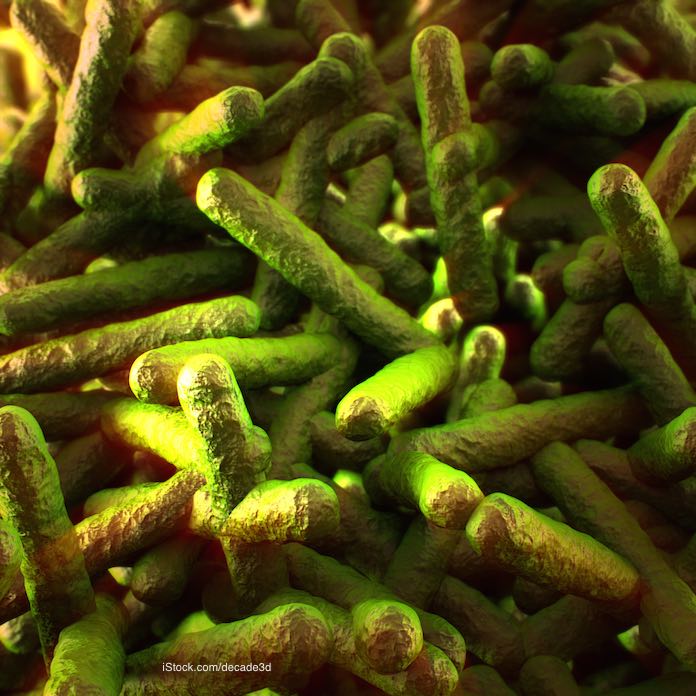There were just two Listeria monocytogenes outbreaks in the U.S. in 2018, but the results for those affected were severe. In all, eight people were sickened, all eight were hospitalized because they were so sick, and one person died.

The first outbreak was linked to Johnston County Hams. Four people in 2 states were sickened ion that outbreak. One person, who lived in Virginia, died. On October 3, 2018, Johnston County Hams recalled ready-to-eat deli hams. One of the problems with deli meats is that the pathogen can survive the standard cleaning procedures most delis use and can be persistent.
In that outbreak, public health investigators used the PulseNet system to find people who were infected with the outbreak strain of Listeria monocytogenes. The illness onset date ranged from July 8, 2018 to August 11, 2018. Three patients lived in Virginia, and one in North Carolina.
Investigators found Listeria monocytogenes in slices of ham that were collected from the Johnston County Ham facility. The bacteria were closely related genetically to the pathogens from ill persons.
Johnston County Hams recalled almost 90,000 pounds of ready-to-eat ham products on October 3, 2018. Most of those products were sold at delis. The outbreak was declared over in December 2018.
The second outbreak occurred in November 2018. Pork products produced by Long Phung Food Products were linked to four illnesses in four states. This outbreak is still ongoing. On November 20 2018, 165368 C. Corporation, doing business as Long Phung Food Products in Austin, Texas, recalled ready-to-eat pork products. They were labeled with the establishment number “EST. 13561” inside the USDA mark of inspection.
There is zero tolerance for Listeria monocytogenes bacteria in ready-to-eat foods. This bacteria causes serious illness. Another issue with this pathogen is that illnesses may take up to 70 days to manifest. Pregnant women, the elderly, and anyone with compromised immune system are most likely to become seriously ill if they contract listeriosis.
Check your home freezers to see if you have any of these recalled products. If you do, throw them away after first wrapping them well in foil or plastic wrap. It’s a good idea to then clean your fridge or freezer with a mild bleach solution to kill bacteria.




